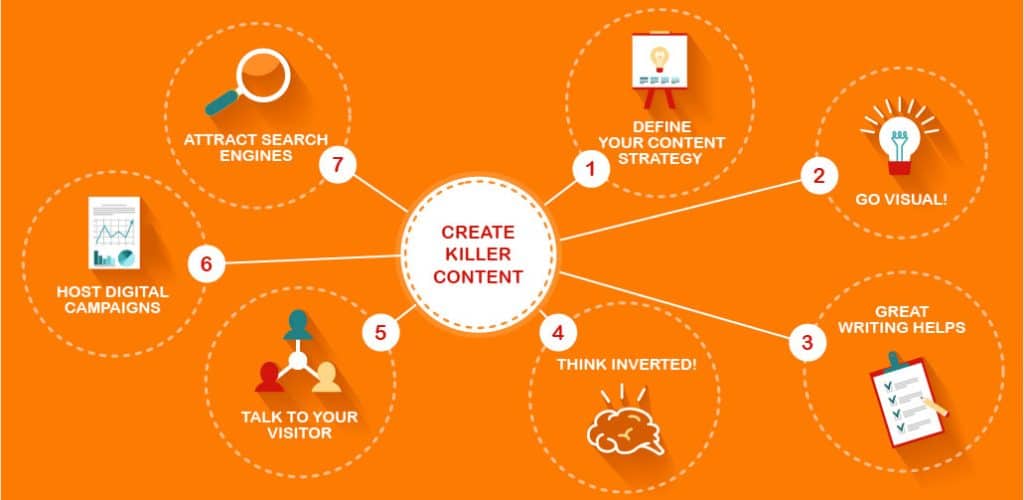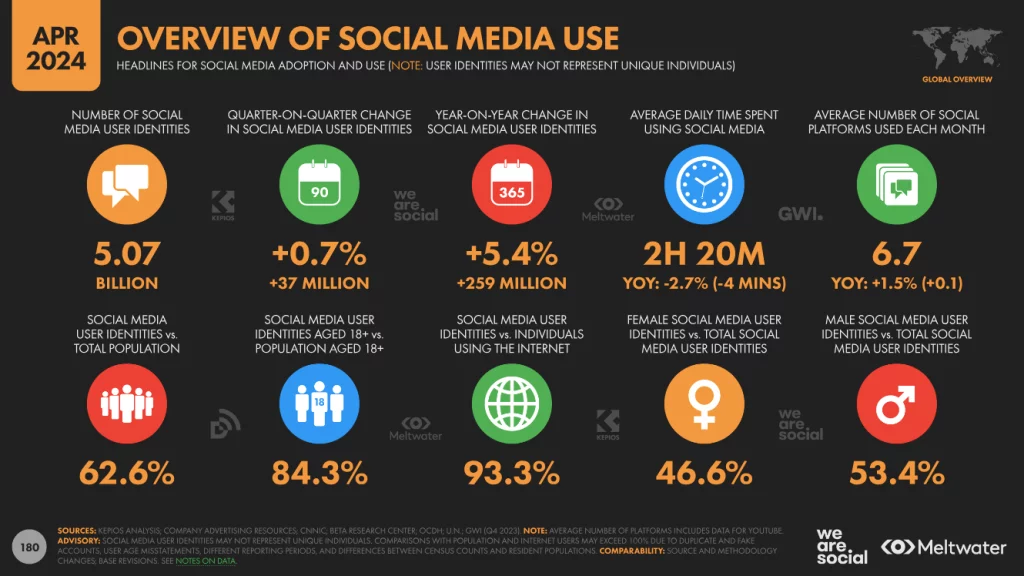
As the digital landscape evolves, there’s a belief that the corporate website is decreasing in importance. After all, corporations have access to social media, mobile apps, and numerous online platforms, so interacting with customers through a website isn’t as common as in the past.
However, corporate websites still play a role for companies of all sizes. Many businesses don’t use them for product promotion because they have e-commerce sites to fill that void, but these websites remain useful tools.
Corporations use their official websites to shape their online presence according to their brand values and identity. These sites also give a company credibility and act as a central hub where customers, job seekers, and investors can find first-hand information on the organization and its history.
Is the corporate website dead?
No, it’s very much alive and well, but it’s evolving from a point of sale into an information hub where visitors can learn about a company, its history, and its inner workings. This guide will explore the evolution of corporate websites and examine why businesses still need them despite the countless other online options they have available.
Quick Takeaways
- Corporate websites aren’t dead because they provide customers with information and offer credibility.
- These websites are now an information hub instead of an e-commerce destination.
- Corporations can use their official websites to interact and engage with customers.
- These websites must keep up with customer expectations to stay relevant.
Why Your Corporate Website Should Die
If you’re still doing things the old way and using your corporate website as a sales vehicle, you’ll want to make some changes. This way of doing things creates an inconsistent customer experience for most buyers and disconnects them from the brand and its message.
Companies should abandon their corporate website as a marketing vehicle due to the overwhelming evidence that most visitors scan the page and leave because they are not looking for information about your products.
Corporate website visitors are looking for useful information like:
- Best practices
- Tips
- Human stories
They also want interactions with real people.
About 38% of visitors stop visiting websites that don’t capture their interest, so creating engaging and relevant content is vital.

Instead of boring your customers with product descriptions, you have an opportunity to kill off your dull corporate website. From there, you can rebuild it as a community engagement platform that acts as an interactive hub for visitors.
Corporate Websites and Authentic Interaction
Back in 2010, Brand Consultant Simon Mainwaring wrote a blog claiming brands would no longer create their online presence on their corporate website but instead through social exchanges across the internet.
The blog also defines a massive change in the role of the brand manager to become one of a “social officer, facilitating as many moments of authentic interaction with consumers each day as possible.”
Mainwaring contends that “this shift is largely complete as we see brands shifting their media weight from traditional to social media, sharing stories across multiple channels and responding in real-time, and training their employees to become social media brand advocates. So while the corporate website persists, it has now been reframed as a point of departure for customer engagement, rather than a destination.”

This sentiment holds true today. Over 62% of the world’s population uses social media, so ignoring it isn’t possible. You’ll need to use multiple channels to reach your audience.
However, that doesn’t mean your corporate website isn’t important, as it can work in conjunction with your social media presence to shape the brand’s voice.
Coca-Cola’s Corporate Website Journey
Once upon a time, the Coca-Cola company declared the death of its own corporate website. They re-launched their website under the tagline “The Coca-Cola Journey. Refreshing The World, One Story At A Time,” which featured content driven by their “Unbottled” blog.
I had met their super-sharp Group Director of Digital Communications and Social Media, Ashley Brown, a few months before this announcement and was just blown away by what they were doing.
Even more importantly, they paused six weeks in, looked at the data, and realized that what they thought would resonate with their audience wasn’t working.
They endured their way through an “editorial scramble” based on hard data and implemented a new design and content strategy based almost completely on the kinds of stories their audience wanted.
According to Ashley:
“Replacing a transactional corporate website with a digital magazine upended how we work.”
He continued:
“The corporate website is dead, and ‘press release PR’ is on its way out.”
Today, Coca-Cola’s website is full of brand information outlining the company’s
- Vision
- History
- Sustainability goals
- Investor information
It also has company news, a careers page, and social media links. It’s a prime example of what a corporate website should be when you use the platform to its full potential.
The Evolution of Corporate Websites
Over 51% of customers research brands online before buying anything, so you need a corporate presence that shapes this information. Corporate websites are changing, though, as technology and consumer preferences evolve.
Mobile Technology
With the rise of smartphones and tablets, users expect seamless browsing experiences across devices. Websites now adapt fluidly to different screen sizes, ensuring accessibility and user-friendliness. Ensuring you have a solid mobile strategy and tracking its effectiveness helps ensure you’re getting the most from your corporate website.
Website Management
Content management systems (CMS) are also revolutionizing website management. These platforms simplify the process of creating, updating, and publishing content, empowering businesses to maintain a fresh online presence with minimal technical expertise.
A Custom Experience
Personalization plays a pivotal role in enhancing user experience. Corporate websites now leverage data insights to tailor content and recommendations based on individual preferences and behaviors. By delivering relevant and engaging content, businesses can forge deeper connections with their audience and drive conversion rates.
The evolution of corporate websites revolves around adapting to changing user expectations while leveraging technology to streamline management and enhance engagement. These websites aren’t dead, but they have a new purpose, and brands must adapt to give customers what they want.
The Future of Corporate Websites
Is your corporate website dead? Only if you aren’t using it to its full potential.
These websites fill a vital role online by giving you full control over your brand’s voice and enabling you to interact directly with customers. If you aren’t using your corporate website in this way, it might be time to make a few changes.
Taking the time to update your corporate website could make a massive difference for your brand. We can help you take this step with our Content Builder Service. Book your free consultation today to find out more.

0 Commentaires